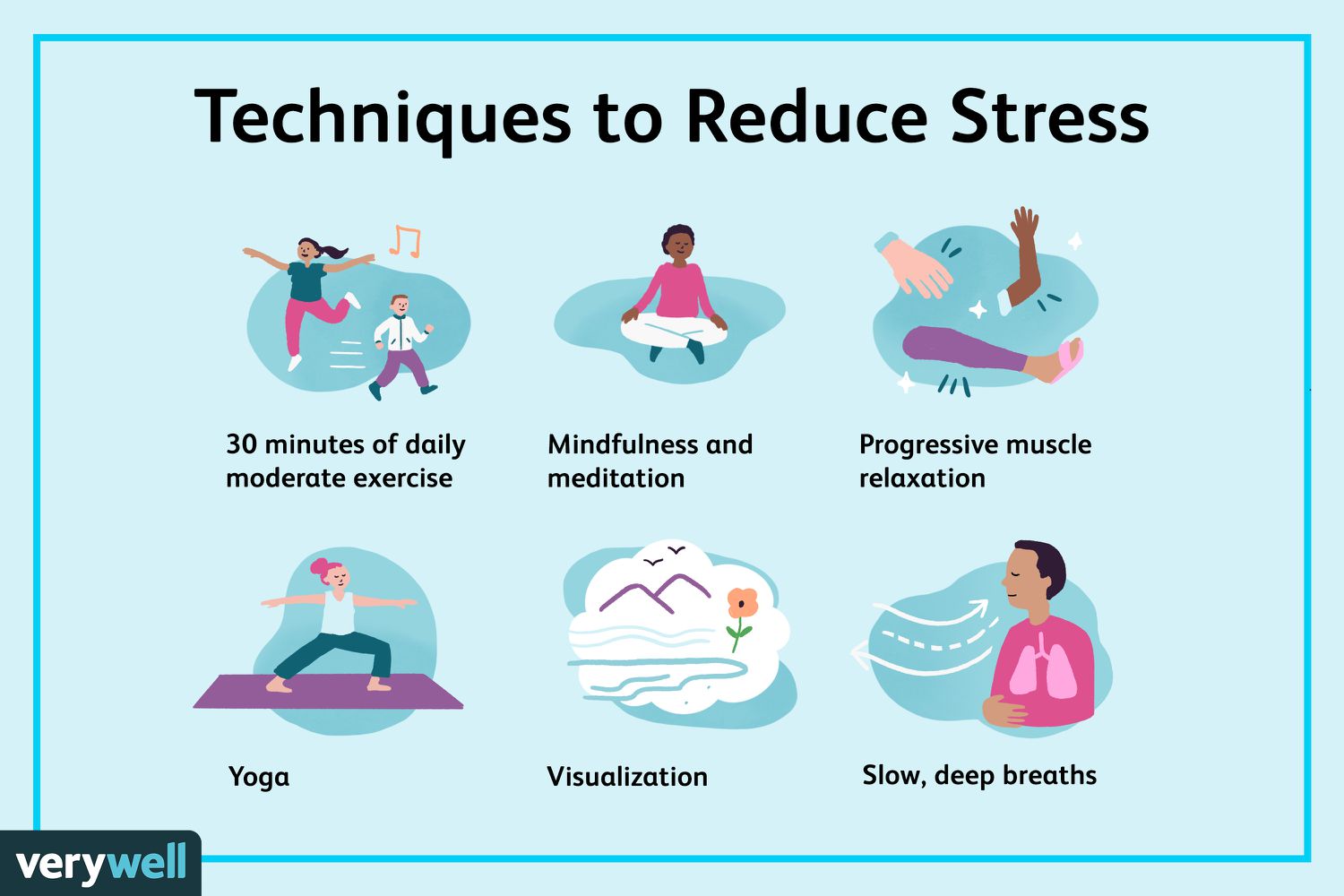Navigating Remote Education: Strategies for Success in Online Learning
The global shift towards remote education has brought both challenges and opportunities for students, educators, and institutions alike. As classrooms transition from traditional face-to-face instruction to online learning environments, it’s essential to equip students and educators with effective strategies for navigating this new educational landscape successfully. In this article, we explore key strategies for success in online learning and provide practical tips for students, educators, and parents.
Establishing a Dedicated Learning Space
Creating a dedicated learning space is essential for optimizing focus, productivity, and engagement in online learning. Designate a quiet, well-lit area free from distractions where students can concentrate on their studies and participate in virtual classes without interruption. Equip the learning space with essential tools and resources, such as a reliable internet connection, a comfortable chair, a desk or table, and necessary learning materials.
Setting Clear Goals and Expectations
Setting clear goals and expectations is crucial for maintaining motivation and accountability in online learning. Encourage students to establish specific, achievable learning objectives for each course or assignment and create a realistic study schedule to stay on track. Communicate expectations regarding participation, attendance, assignments, and deadlines to ensure that students understand their responsibilities and can manage their time effectively.
Practicing Time Management and Self-Discipline
Time management and self-discipline are essential skills for success in online learning. Encourage students to develop effective time management strategies, such as creating a daily or weekly study schedule, prioritizing tasks, and breaking larger assignments into manageable chunks. Set aside dedicated blocks of time for studying, attending virtual classes, and completing assignments, and minimize distractions to maintain focus and productivity.
Engaging Actively in Virtual Classes
Active engagement is key to maximizing learning outcomes in virtual classes. Encourage students to participate actively in online discussions, ask questions, and seek clarification when needed. Take advantage of interactive features such as chat functions, polling tools, and breakout rooms to promote engagement and collaboration among students. Encourage students to contribute their perspectives, share ideas, and collaborate with classmates to enrich the learning experience.
Leveraging Technology Tools and Resources
Technology tools and resources play a critical role in facilitating online learning and enhancing the educational experience. Familiarize students with the learning management system (LMS) used by their school or institution and provide guidance on accessing course materials, submitting assignments, and communicating with instructors and peers. Encourage students to explore additional educational resources such as online tutorials, multimedia content, and digital libraries to supplement their learning and deepen their understanding of course topics.
Cultivating Effective Communication Skills
Effective communication is essential for success in online learning, both for students and educators. Encourage students to communicate proactively with instructors and classmates, whether through email, discussion forums, or virtual office hours. Emphasize the importance of clear and concise communication, active listening, and professional etiquette in all interactions. Provide feedback and guidance on written assignments and discussions to help students improve their communication skills and express themselves effectively in a virtual environment.
Fostering a Growth Mindset and Resilience
Fostering a growth mindset and resilience is essential for navigating the challenges of online learning and overcoming setbacks. Encourage students to embrace challenges, learn from mistakes, and persist in the face of adversity. Teach them to view obstacles as opportunities for growth and development, and emphasize the importance of self-care, stress management, and seeking support when needed. By cultivating a positive mindset and resilience, students can build the confidence and resilience needed to succeed in online learning and beyond.
Conclusion
Navigating remote education presents unique challenges and opportunities for students, educators, and institutions alike. By implementing effective strategies for success in online learning, students can maximize their learning outcomes, stay motivated, and thrive in virtual environments. Encourage students to establish a dedicated learning space, set clear goals and expectations, practice time management and self-discipline, engage actively in virtual classes, leverage technology tools and resources, cultivate effective communication skills, and foster a growth mindset and resilience. By equipping students with the skills, resources, and support they need to succeed in online learning, educators can empower them to achieve their academic goals and adapt to the evolving educational landscape effectively.









